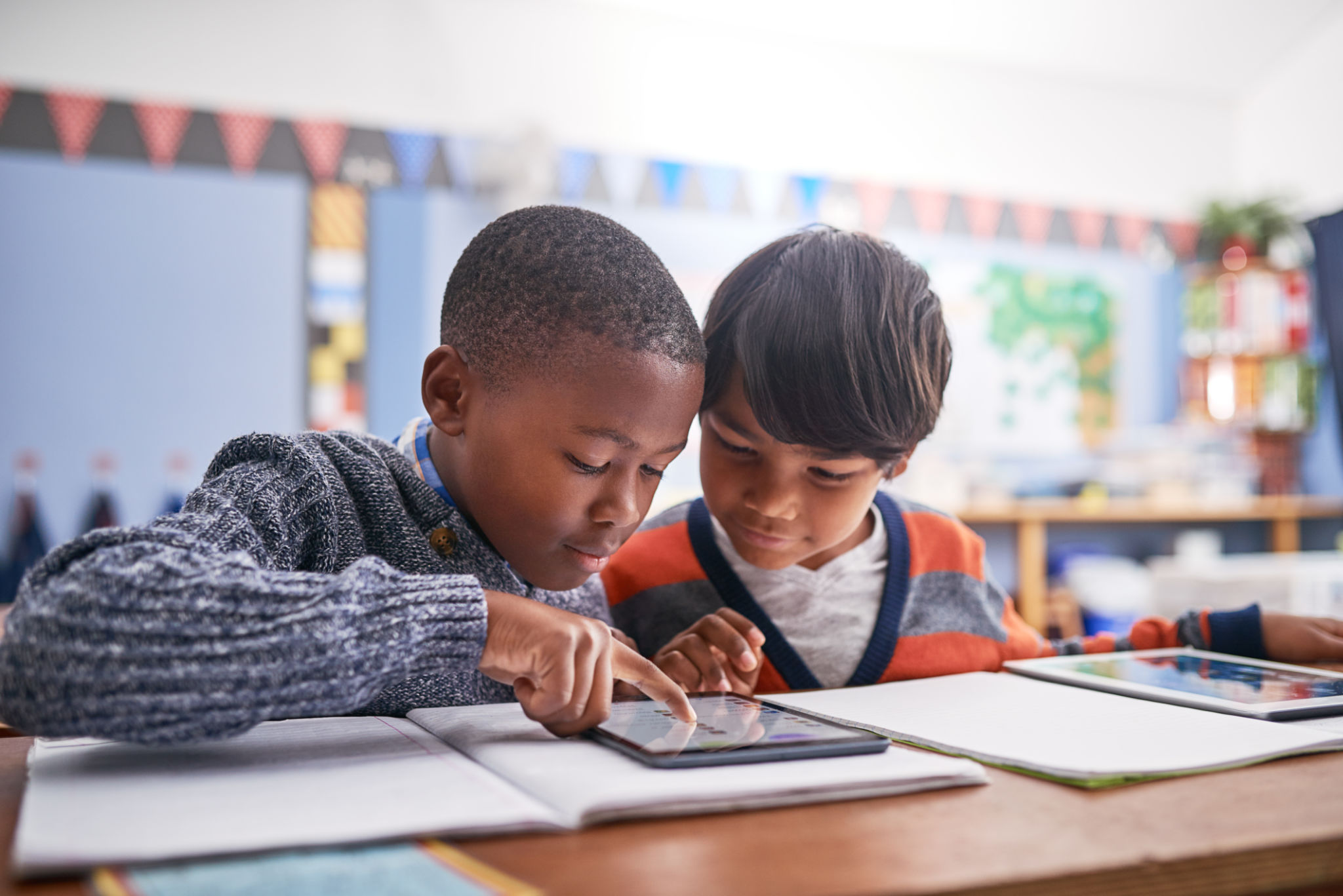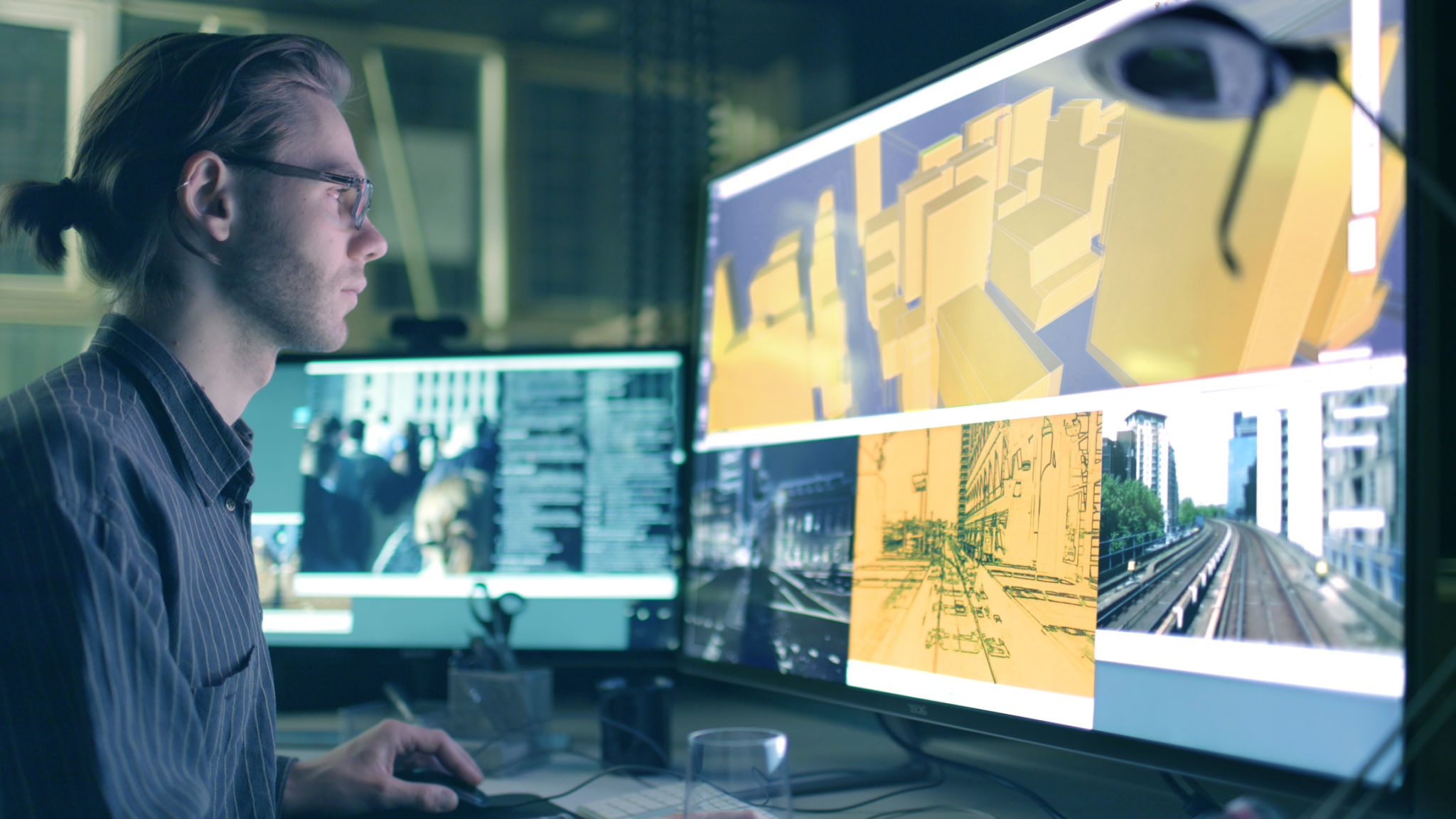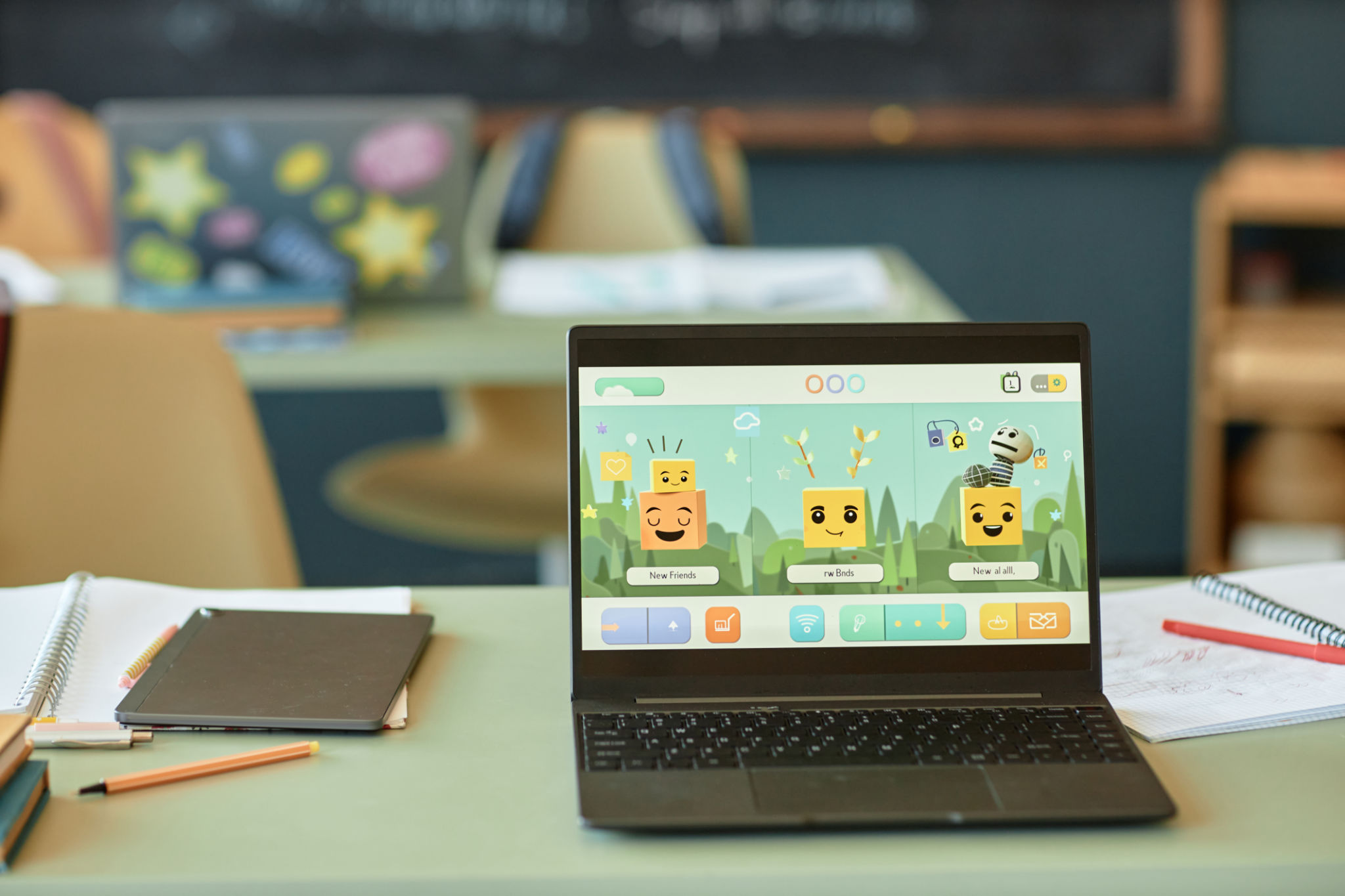Innovative Trends in Education: Moving Beyond Traditional Methods
Embracing Technology in the Classroom
The integration of technology into education is transforming how students learn and teachers instruct. From interactive whiteboards to tablets, technology is making information more accessible and engaging. By utilizing digital tools, educators can tailor lessons to fit individual learning styles, ensuring that each student has the opportunity to thrive.

One of the most significant advancements is the use of AI and machine learning to provide personalized learning experiences. These technologies analyze student performance and suggest resources or exercises that target specific areas for improvement, offering a customized educational journey.
Project-Based Learning
Project-based learning (PBL) is gaining traction as a powerful method to engage students actively. This approach allows learners to explore real-world problems and challenges, fostering critical thinking and collaboration. By working on projects, students gain a deeper understanding of the subject matter and develop valuable life skills.
Through PBL, students often work in groups, encouraging teamwork and communication. This method also allows educators to integrate various subjects into a single project, providing a holistic learning experience that mirrors real-life scenarios.

Gamification in Education
Gamification is another trend revolutionizing education. By incorporating game elements into the learning process, educators can make lessons more engaging and enjoyable. This approach taps into students' intrinsic motivation, encouraging them to participate actively and retain information more effectively.
Elements such as points, badges, and leaderboards can transform a mundane lesson into an exciting challenge. Gamification also promotes healthy competition and can be particularly effective in subjects that students typically find challenging.

Emphasizing Social and Emotional Learning
As academic success is no longer the sole focus, schools are increasingly recognizing the importance of social and emotional learning (SEL). SEL programs teach students to manage emotions, set goals, and establish positive relationships. These skills are crucial in helping students navigate the complexities of modern life.
By integrating SEL into the curriculum, educators can create a more supportive and nurturing environment. This not only enhances academic performance but also contributes to the overall well-being of students, preparing them for future challenges.
The Future of Education
Innovative trends in education are shaping the future of learning. As we move beyond traditional methods, the focus is increasingly on providing a well-rounded, engaging, and personalized educational experience. By embracing these trends, educators can better prepare students for the demands of the 21st century.
As technology continues to evolve, the potential for new educational methods is limitless. The challenge now lies in effectively integrating these innovations to enhance learning outcomes and equip students with the skills they need to succeed.